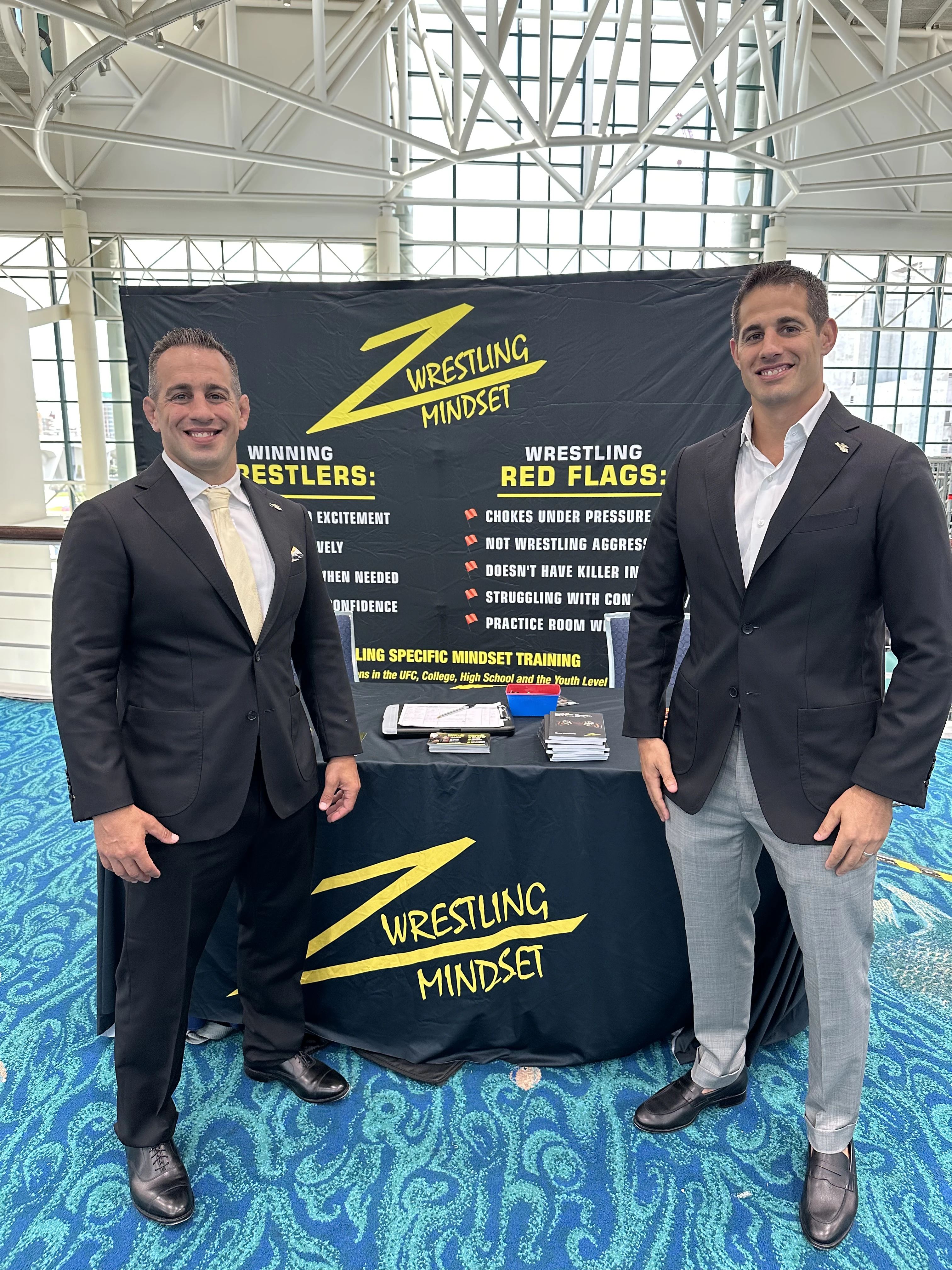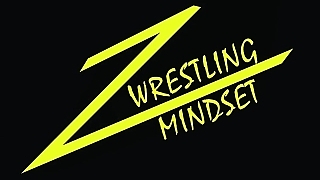Learn
6 Steps to Help Wrestlers Bounce Back from Injuries
Bouncing back from an injury can be just as challenging mentally as it physically. Many wrestlers struggle with wrestling too tentatively and even scared after an injury. Many others tend to overthink the injury and doubt their ability to wrestle like they once did.
Imagine being in the sectionals, a week before the individual state championships, and hearing your knee pop. Fear sets in, you let up and get pinned in the first period. Your embarrassed, demoralized and feel like giving up on the season. You can take the easy way out and blame it on an injury.
Wrestling Mindset wrestler Robby DeHaven was faced with this challenge last season. Instead, he talked to his medical team, mindset coach and support system to develop a mental and physical plan to get ready for the state tournament.
The next week, Robby came into the state tournament calm and collected and avenged his loss. He won by major decision and became a state champion. How was he able to bounce back?
Here, we outline six steps to help wrestlers bounce back mentally in order to continue to perform at their potential.
- Reframe your injury.
Injuries can be seen as roadblocks or stepping stones, depending on your perspective. Start by viewing this injury as an opportunity for growth or as Nick Purler says “an opportunity to push yourself”. Instead of dwelling on the setback, make a list of how your injury can be beneficial, serving as a catalyst for growth and deeper understanding of your sport. After college, Kyle Dake suffered several injuries in a row. He was able to convince himself that these injuries were the best thing for his career. Since than he was won four world titles and six world and Olympic medals and is still competing. - Believe in your comeback.
Drawing inspiration from others who have successfully recovered from similar injuries can foster hope and determination. Remember the acronym H.O.P.E. hearing other people’s experiences. By recognizing others’ resilience, you cultivate the belief that you too can bounce back stronger than before. Make a list of wrestlers who have comeback from a similar injury and had continued success. - Focus on what you CAN do.
After an injury, wrestlers often dwell on the 10% of things they cannot do rather than focusing on the 90% of things they still can do. It’s easy to get caught up in the limitations imposed by an injury. However, there’s much you can still do to stay on top of your game. I remember being sidelined with a shoulder injury in college and my coach Zeke Jones (world champion and Olympic silver medalist) told me, “Don’t let your right shoulder suffer because you injured your left shoulder.” In other words, continue to develop and focus on all the things you still can do to grow physically and mentally. - Develop an action plan.
Having a concrete action plan is critical to continue improving in spite of an injury. The action plan should include physical therapy, time with your trainer, video review, mindset development, any strength and conditioning you are still able to perform, flexibility training and all other mental and physical training. This will provide structure to your recovery and serve as a constant reminder of your progress and the goal at the end of the tunnel. - Train your mind.
Overthinking an injury can amplify its impact and be detrimental to a wrestler’s return to competition. Mental training is a crucial way to develop the confidence and focus to return to the mat. Many wrestlers will benefit the most from talking to an expert mindset coach one on one to overcome personal challenges resulting from the injury.
Learn more about how 1-1 Wrestling Mindset Coaching can help athletes bounce back from injuries
- Trust your coaches, medical team and support network.
Doctors, coaches and parents are integral to your recovery journey. Trust their expertise and advice. Before returning to competition wrestlers should ensure that their health care professionals, coaches and parents are confident that they are physically recovered and ready to return to competition. Once given the green light from your support team, it is essential to trust them and return with confidence.
Regardless of the nature of your injury, these steps can guide your recovery. Remember, bouncing back isn’t only about regaining physical strength; it’s equally about harnessing mental resilience. The road to recovery may be tough, but with the right mindset and approach, it’s a journey that can lead you back to the top of your game.
Learn more about Wrestling Mindset One-on-One Coaching Now
‹ Back








